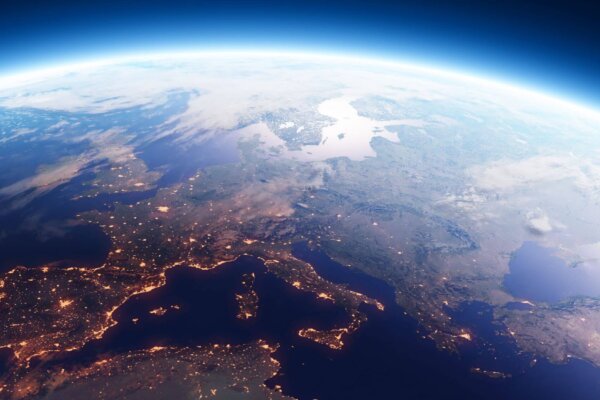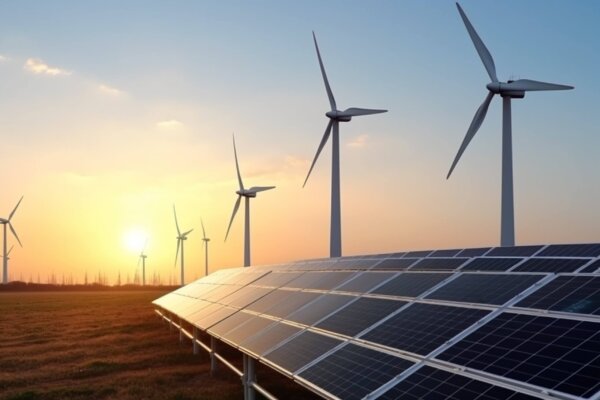So, how can we continue our efforts and achieve the sustainable future we now know is possible?
1) Mindset change
In the last few months, the world has moved together to put people before profit. This is a monumental mindset change that highlights how, when needed, we can ‘be the change’. The current situation and its damage to our wellbeing and economy cannot continue, but nor can unethical business growth without thought for the long-term impacts. We must balance people, planet, and profit, for the sake of each.
2) Be smarter about our consumption
Recent reduced consumption will not continue, but we now have a unique opportunity to reflect, learn and change. Societies have been forced to think about their consumption on global, industrial, and personal scales15. Many are considering working from home as a longer-term option, whilst reduced accessibility has made us more aware of how we consume products, what we need and potentially how much we waste.
Energy use accounts for a substantial proportion of global emissions. With populations expected to grow16, this is likely to increase. Being more aware of our consumption, more efficient and less wasteful would be a big step towards reducing emissions and preventing climate change.
3) Rebuild in the right way
Whilst the International Energy Association (IEA) have proposed that this may be the end of coal power3, there is a risk of a move back to traditional investments in fossil fuels as countries rebuild. Instead, a continuation of last year’s sustainable investment movement17 would offer an economic boost in a way that helps everyone. Choosing sustainable products and services will be more important than ever, and there is both opportunity and responsibility for businesses within this.
4) We can do it together
The one overwhelming message from Covid-19 has been that we can do more when we are united. We have seen this in the collaborative efforts of governments, international organisations, businesses, and individuals world-wide in response to this crisis – together we really can make a difference.
Let’s do this
We have all faced loss and disruption over the last few months, and it will take time to recover. But let’s not forget this glimpse into what could be. Let’s rebuild to a healthier, happier future. Together, we’ve already proven we can make a difference, so let’s do this.
To understand more about our commitment to helping British businesses achieve a low carbon future, get in touch with our friendly team at heretohelp@brytenergy.co.uk or on 0330 053 8620.



